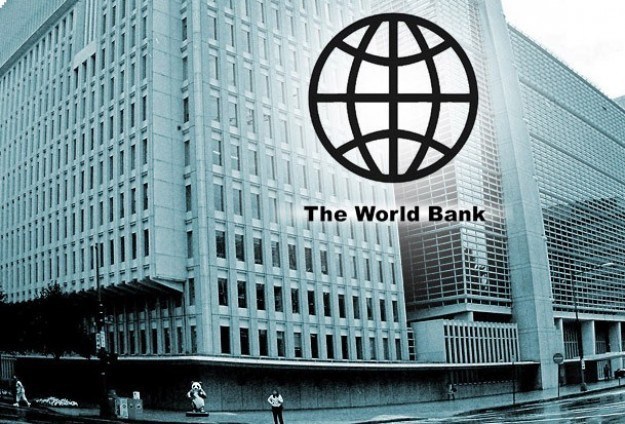The World Bank has expressed concerns over the redesign of the Naira notes by the Central Bank of Nigeria (CBN).
The redesigned currencies N1,000, N500 and N200 went into circulation on December 15, 2022, and would finally displace the old notes by the end of January 2023
The CBN Governor, Godwin Emefiele, had come under criticism in Nigeria over the redesign of the currency and the recently introduced withdrawal limits.
In a report titled: “Nigeria Development Update December 2022 – Nigeria’s Choice (English),” the Bretton Wood institution said the Naira redesign might have negative effects on the country’s economy.
The World Bank faulted the timing of the policy, noting that economic activities in most major economies had slowed in 2022 amid high inflation and central banks shifting toward “contractionary” monetary policies.
It said the policy might impact economic activities, especially for the poorest households.
The report read: “At present, households and firms already face elevated financial pressures from prolonged, high inflation, recently compounded by external food and fuel price shocks, and the severe floods, and phasing out existing naira notes over a short time period may add to their challenges.
“The CBN announced on October 26, 2022, that it planned to redesign, produce, and circulate new series of Nigerian naira (N) 200, 500, and 1,000 notes (equivalent to roughly US$0.5, US$1, and US$2 at the official rate).
READ ALSO: Naira redesign to encourage expanded financial inclusion, electronic transactions –CBN
“The three notes are the highest denominations out of the eight legal tender notes in Nigeria. Following the launch of the new designs on November 23, 2022, the new currency notes are to be circulated from December 15, 2022, with both the new and existing notes considered legal tender until January 31, 2023.
“Thereafter, only the new notes will be legal tender. Bank charges on cash deposits have been suspended to facilitate the transition.
“International experience suggests that rapid demonetisations can generate significant short-term costs, with small-scale businesses, and poor and vulnerable households, potentially being particularly affected due to being liquidity-constrained and heavily reliant on day-to-day cash transactions.
“External financing conditions, particularly for governments and private borrowers in frontier markets such as Nigeria, have tightened, as the US dollar has appreciated sharply against most other currencies to historically strong levels, and global benchmark interest rates have risen.
“Moving into 2023, growth in most regions is expected to weaken further, and uncertainty regarding the outlook remains elevated, partly because of key unknowns such as future developments related to the Russian Federation’s invasion of Ukraine.”

 Health6 days ago
Health6 days ago
 Entertainment1 week ago
Entertainment1 week ago
 Crime6 days ago
Crime6 days ago
 Education1 week ago
Education1 week ago
 Health1 week ago
Health1 week ago
 Comments and Issues7 days ago
Comments and Issues7 days ago
 Latest7 days ago
Latest7 days ago
 Football1 week ago
Football1 week ago

